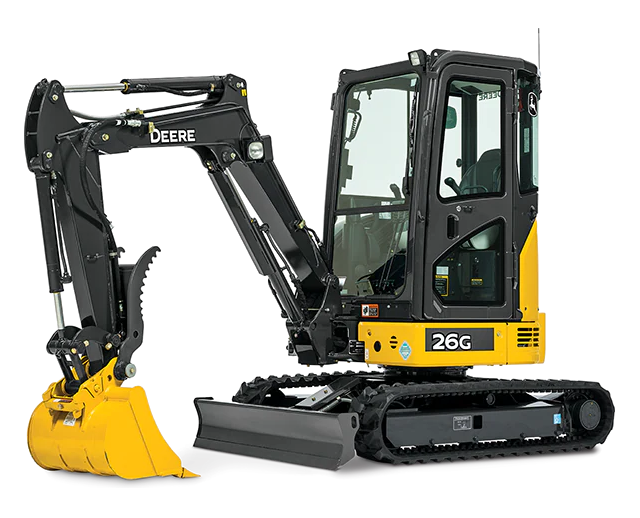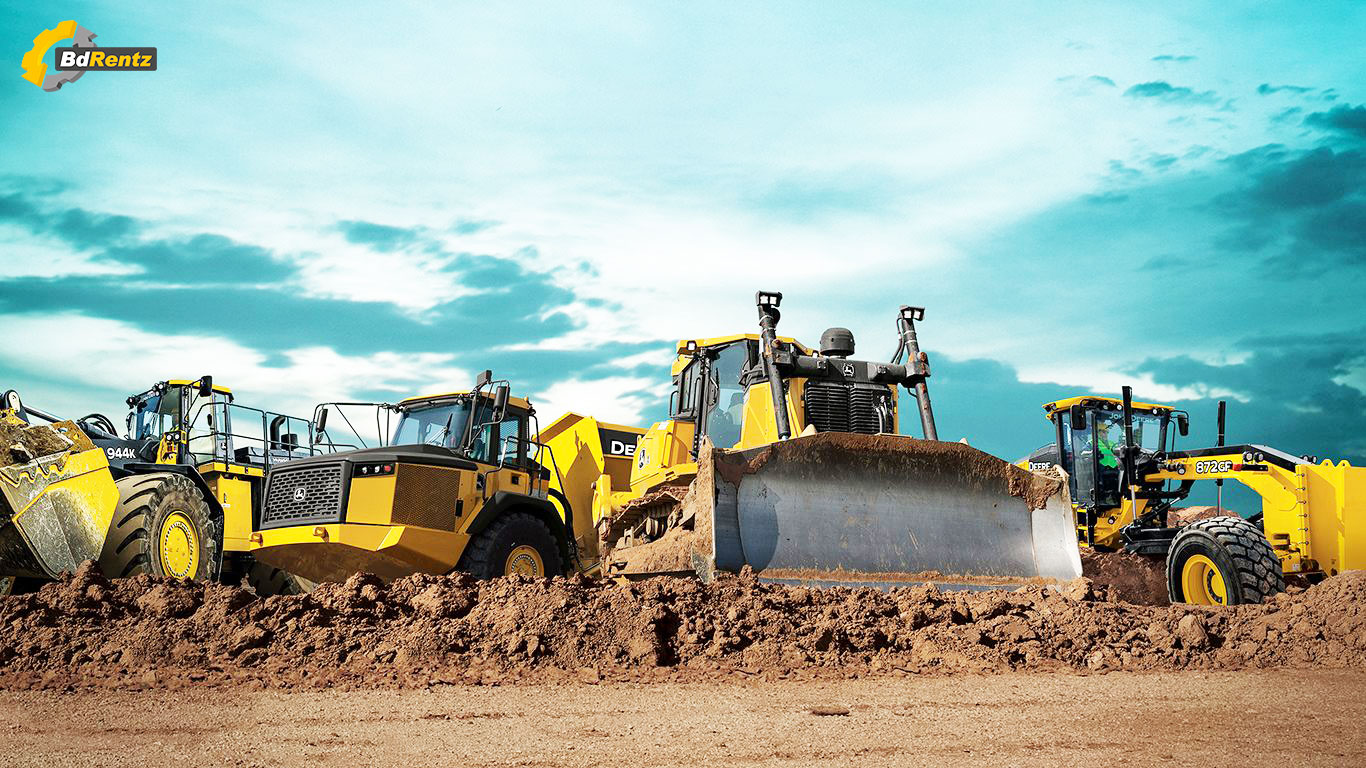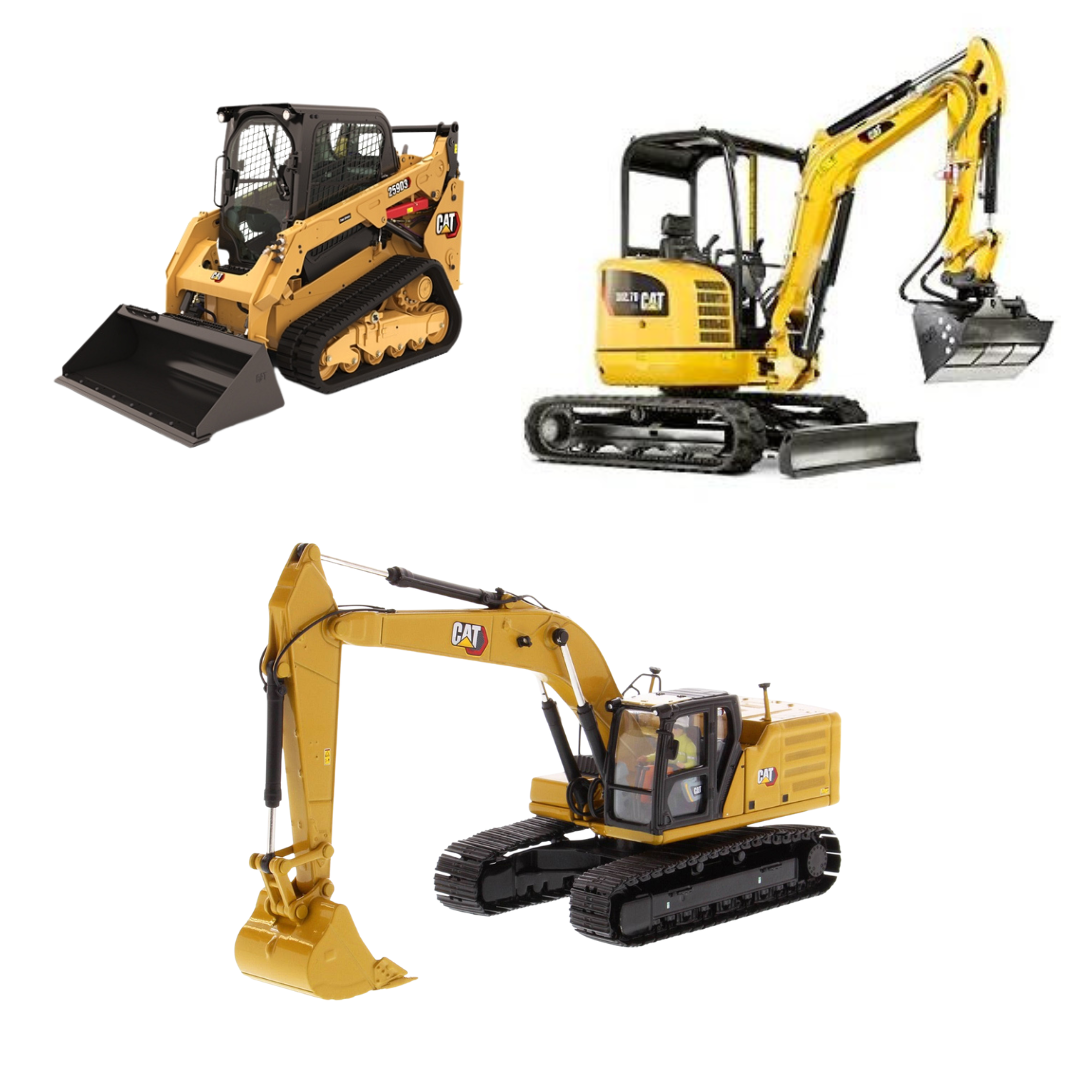Aerial Lift Rental: Versatile Lifting Solutions for High-Access Jobs
Aerial Lift Rental: Versatile Lifting Solutions for High-Access Jobs
Blog Article
Maximize Your Spending Plan by Understanding the Prices Related To Building And Construction Equipment Rentals
Understanding the complete range of expenses related to construction devices leasings is crucial for optimizing your spending plan. While the preliminary rental cost may seem straightforward, countless extra expenses-- such as transportation, gas surcharges, and upkeep-- can rapidly gather, affecting your monetary preparation. Furthermore, recognizing numerous fees and the intricacies of rental contracts can assist prevent unexpected monetary problems. What techniques can be utilized to properly manage these prices and make sure a much more reliable rental experience?
Introduction of Rental Prices
When thinking about building equipment services, comprehending the associated expenses is extremely important for effective budgeting and project preparation. Rental costs can differ considerably based on several variables, including tools type, period of leasing, and area. The initial rental charge frequently shows the equipment's market need and its associated operational capacities, influencing the general expense.
Along with the base rental rate, supplementary prices may emerge, such as transportation fees, fuel additional charges, and upkeep charges. It is vital to account for these extra expenses to accurately examine the complete price of renting equipment. In addition, the rental duration can impact prices; longer leasings might get reduced prices, while temporary services could sustain higher everyday fees.

Malfunction of Rental Prices
A comprehensive understanding of rental prices is crucial for service providers and job managers aiming to optimize their budgets. Rental prices for building devices generally include numerous components, consisting of base rates, time-based charges, and use charges.
Base rates are the core charges related to the service of the tools, typically identified by the kind and dimension of the equipment. These rates can differ substantially, influenced by variables such as devices demand, availability, and local market trends. Time-based costs, which may be daily, weekly, or monthly, offer to suit various project timelines and rental periods.
Additionally, rental prices may include use charges, which are appropriate when equipment is made use of beyond a specified limit, ensuring that the rental company can account for damage. Seasonal demand variations can also impact rental prices, with peak building periods commonly regulating higher costs.
Moreover, comprehending the rental company's policies pertaining to maintenance and insurance policy can offer more insight into the total cost framework. By analyzing these elements, contractors can make educated choices, making sure the selection of rental devices aligns with both job needs and budget restrictions.
Additional Charges to Consider
Understanding the complexities of extra charges is critical for professionals to manage their overall rental costs efficiently. Past the common rental prices, different auxiliary fees can significantly impact the complete price of devices leasing. These charges usually consist of distribution and pick-up charges, which can vary based upon range and logistics associated with moving the devices to and from the task site.
Moreover, some rental firms might enforce fuel surcharges if the tools is returned with much less fuel than when rented. It is also important to be mindful of possible read this article cleaning charges, particularly for specialized devices that needs comprehensive maintenance after use.

Extensively examining the rental agreement and making clear these additional costs in advance can assist professionals ensure and stay clear of unexpected prices that budgets stay intact throughout the job lifecycle.
Maintenance and Fixing Expenses
Normal repair and maintenance expenditures are commonly neglected variables that can substantially affect the overall expense of building and construction tools services. When leasing tools, it is important to take into consideration not only the rental charges however also the potential prices associated with keeping the machinery in ideal operating problem.
Lots of rental firms consist of basic maintenance as part of the rental agreement; nonetheless, extra substantial repairs or unexpected malfunctions can lead to extra expenditures. It's vital to assess the rental contract thoroughly to comprehend what maintenance services are covered and what obligations drop on the occupant.
Furthermore, equipment that is not well-maintained can result in ineffectiveness on the task website, possibly this post enhancing and causing delays project costs. To mitigate these threats, it is advisable to perform normal examinations and keep open communication with the rental company relating to any kind of concerns that occur during usage.
Insurance Coverage and Responsibility Prices
Insurance coverage and liability expenses are essential parts that can dramatically affect the overall expense of building and construction tools leasings (construction equipment rentals). These costs make sure that both the rental business and the client are safeguarded from prospective financial losses developing from accidents, damage, or theft during the rental duration

Furthermore, clients must understand any type of deductibles or exemptions in the insurance coverage, as these can affect prospective out-of-pocket expenditures. Comprehending the conditions of any type of insurance policy protection is essential to prevent unforeseen expenses. Inevitably, budgeting for insurance and obligation expenses can help guarantee a smoother rental experience and shield against financial dangers related to construction tasks.
Conclusion
In final thought, a comprehensive understanding of the costs linked with building equipment rentals is essential for reliable budget monitoring. Eventually, informed decision-making regarding tools leasings adds to the overall success of construction undertakings.
Rental expenses can vary considerably based on several variables, consisting of equipment type, duration of service, and place (heavy equipment rental). The rental duration can impact pricing; longer services may certify for discounted prices, while short-term services may incur higher day-to-day fees
By performing detailed research study and engaging with reputable rental firms, professionals can efficiently browse the complexities of rental prices, inevitably optimizing their monetary sources.
Past the conventional rental prices, various extra costs can substantially impact the total price of tools leasing. Rental click for more firms usually supply obligation insurance policy that covers injuries to third events or damage to home, while tools damage insurance can cover the expense of fixings or substitute if the rented equipment is damaged.
Report this page